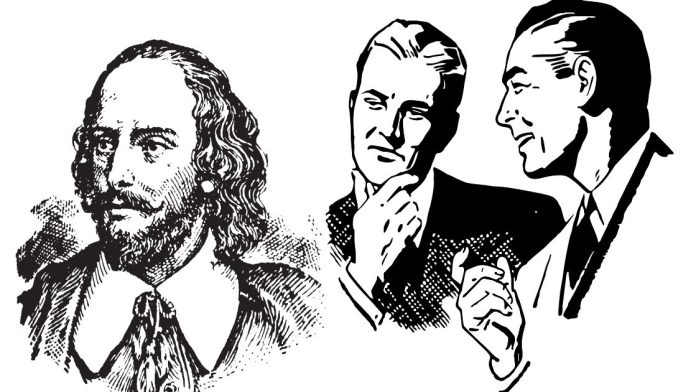Determining the “greatest” men is inherently subjective and can vary depending on the criteria used—such as contributions to humanity, leadership, innovation, morality, or cultural impact. Below is a list of individuals commonly regarded as some of the greatest men in history due to their transformative contributions:
1. Muhammad (570–632 CE)
- Founder of Islam, one of the world’s largest religions.
- Known for his spiritual leadership and impact on culture, law, and ethics.
2. Isaac Newton (1643–1727)
- Physicist and mathematician who revolutionized science with the laws of motion and universal gravitation.
- Key figure in the Scientific Revolution.
3. Albert Einstein (1879–1955)
- Renowned physicist who developed the theory of relativity.
- His work transformed modern physics and influenced technology and philosophy.
4. Jesus Christ (circa 4 BCE–30/33 CE)
- Central figure of Christianity, the largest religion globally.
- His teachings of love, compassion, and forgiveness continue to influence millions.
5. Leonardo da Vinci (1452–1519)
- Italian polymath known for his contributions to art, science, engineering, and anatomy.
- Famous works include The Last Supper and Mona Lisa.
6. Mahatma Gandhi (1869–1948)
- Leader of the Indian independence movement through non-violent resistance.
- Advocate for civil rights, social justice, and peace worldwide.
7. Buddha (Siddhartha Gautama, circa 563–483 BCE)
- Founder of Buddhism, emphasizing mindfulness, compassion, and enlightenment.
- His teachings influence millions seeking spiritual growth.
8. Alexander the Great (356–323 BCE)
- King of Macedonia who created one of the largest empires in ancient history.
- Known for spreading Greek culture and ideas throughout the known world.
9. Martin Luther King Jr. (1929–1968)
- American civil rights leader who fought for racial equality and justice through nonviolent means.
- His leadership in the U.S. civil rights movement left a lasting legacy.
10. Confucius (551–479 BCE)
- Chinese philosopher whose teachings on ethics, governance, and morality shaped East Asian cultures and societies.
This list spans different eras, cultures, and fields of achievement. If you’d like to narrow down the focus—e.g., scientists, religious leaders, or humanitarians—I can provide a more tailored list.


